Cell therapy has emerged as a revolutionary approach to treating various diseases, offering tremendous potential for intractable diseases. In particular, chimeric antigen receptor T-cell (CAR-T) therapy and hematopoietic stem cell (HSC) based therapies have shown remarkable impact. However, ensuring their safety and optimizing their therapeutic potential requires precise measurements of transduction efficiency and vector copy number. Here we explore the significance of these measurements in cell therapy development, focusing on CAR-T and HSC based therapies. Moreover, we will delve into how the Tapestri single-cell platform empowers researchers through single-cell vector copy number and transduction measurements.
The Crucial Role of Transduction and Vector Copy Measurements
Transduction efficiency is a crucial parameter in cell therapy development. It refers to the percentage of cells that successfully receive the therapeutic gene or construct. In CAR-T therapy, transduction efficiency determines the ability of T-cells to express the chimeric antigen receptor, enabling them to target and eliminate cancer cells effectively. In HSC based therapies, transduction efficiency ensures the successful delivery of therapeutic genes, guiding the differentiation and function of stem cells.
Vector copy number (VCN) measurement is equally vital in cell therapy development. VCN quantifies the number of therapeutic gene copies integrated into the recipient cells. In CAR-T therapy, VCN assessment ensures consistent CAR expression, persistence, and therapeutic efficacy. For HSC based therapies, it helps optimize the number of gene copies to achieve the desired therapeutic outcome and mitigate potential risks associated with excessive or inadequate expression.
The Tapestri Single-Cell Platform: Revolutionizing Cell Therapy Development
The Tapestri single-cell multi-omics platform, developed by Mission Bio, has revolutionized the field of single-cell analysis. By combining droplet microfluidics and next-generation sequencing (NGS), Tapestri enables high-throughput, single-cell resolution analysis of genetic heterogeneity.
In the realm of cell therapy development, the Tapestri platform offers numerous advantages. It allows researchers to perform single-cell vector copy number (VCN) and transduction measurements simultaneously– including VCN per transduced cell, providing more accurate characterization within a cell population compared to bulk measurements. This comprehensive analysis enables researchers to identify subpopulations with varying transduction efficiencies and vector copy numbers, facilitating optimization of manufacturing processes and enhancing therapeutic outcomes.
The single-cell resolution capability of the Tapestri platform addresses the challenges associated with clonal expansion and evolution within the cell therapy population. By characterizing the genetic landscape of individual cells, researchers can monitor clonal dynamics, detect rare events such as transduction outliers or vector integration biases, and identify potential resistance mechanisms. This information guides the development of strategies to overcome challenges and optimize therapeutic efficacy.
The Tapestri platform’s high sensitivity, specificity, and accuracy are crucial for obtaining reliable measurements. It enables precise quantification of low-abundance cell populations and rare events, which is particularly relevant in cell therapy development, where even minor changes can significantly impact therapeutic outcomes. With its robust analytical capabilities, the Tapestri platform empowers researchers to make informed decisions throughout the cell therapy development process, ensuring safety and efficacy.
“For the first time ever, we have created a transduction assay that delivers results in days, not months. And the results are incredibly reliable.” – Azadeh Golipour, PhD, AVROBIO
Applications in CAR-T and HSC Based Therapies
The Tapestri single-cell platform’s integration of single-cell vector copy number and transduction measurements accelerates advancements in both CAR-T and HSC based therapies:
- CAR-T Therapy: The platform facilitates the assessment of transduction efficiency and VCN in CAR-T cells. Researchers can identify factors affecting transduction efficiency, optimize manufacturing processes, and ensure consistent CAR expression across the cell population, thus enhancing therapeutic efficacy and patient outcomes. Tapestri also enables surface protein measurement, allowing developers to correlate genotypic and phenotypic attributes.
- HSC Based Therapies: The Tapestri platform allows researchers to evaluate transduction efficiency and VCN in genetically modified HSCs. It aids in determining the optimal gene transfer conditions, identifying potential clonal expansions, and optimizing the differentiation and function of transduced stem cells. Most recently, AVROBIO adopted a 2-day Tapestri single-cell transduction assay into their gene therapy pipeline.
Transduction efficiency and vector copy number measurements play a pivotal role in the development of CAR-T and HSC based therapies. The Tapestri single-cell platform empowers researchers by providing high-resolution, single-cell analysis capabilities. Through simultaneous assessment of transduction efficiency and VCN, it enables a comprehensive understanding of cellular heterogeneity and clonal dynamics. This knowledge paves the way for optimized manufacturing processes, consistent therapeutic efficacy, and unleashing the full potential of stem cell-based and CAR-T therapies. With its revolutionary capabilities, the Tapestri platform is propelling cell therapy development towards transformative advancements in the field of medicine.
Check out these recent posters highlighting the Tapestri transduction/VCN single-cell assay, as well a CAR-T characterization study leveraging this technology:










